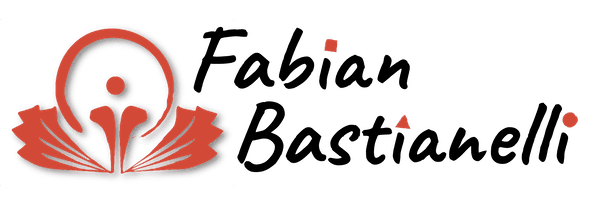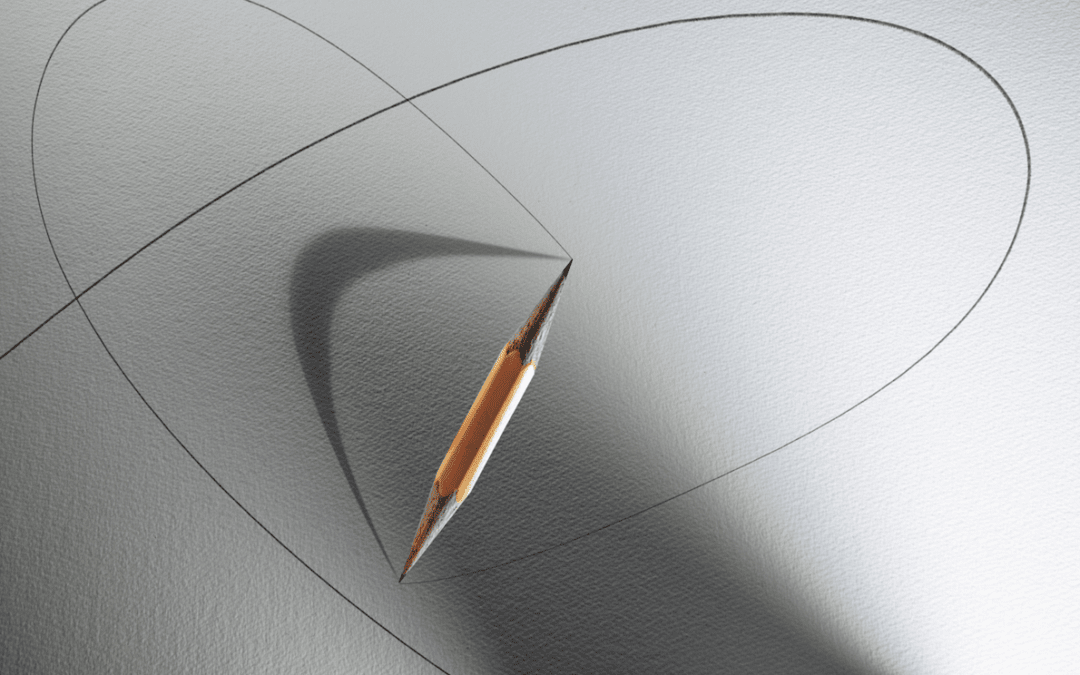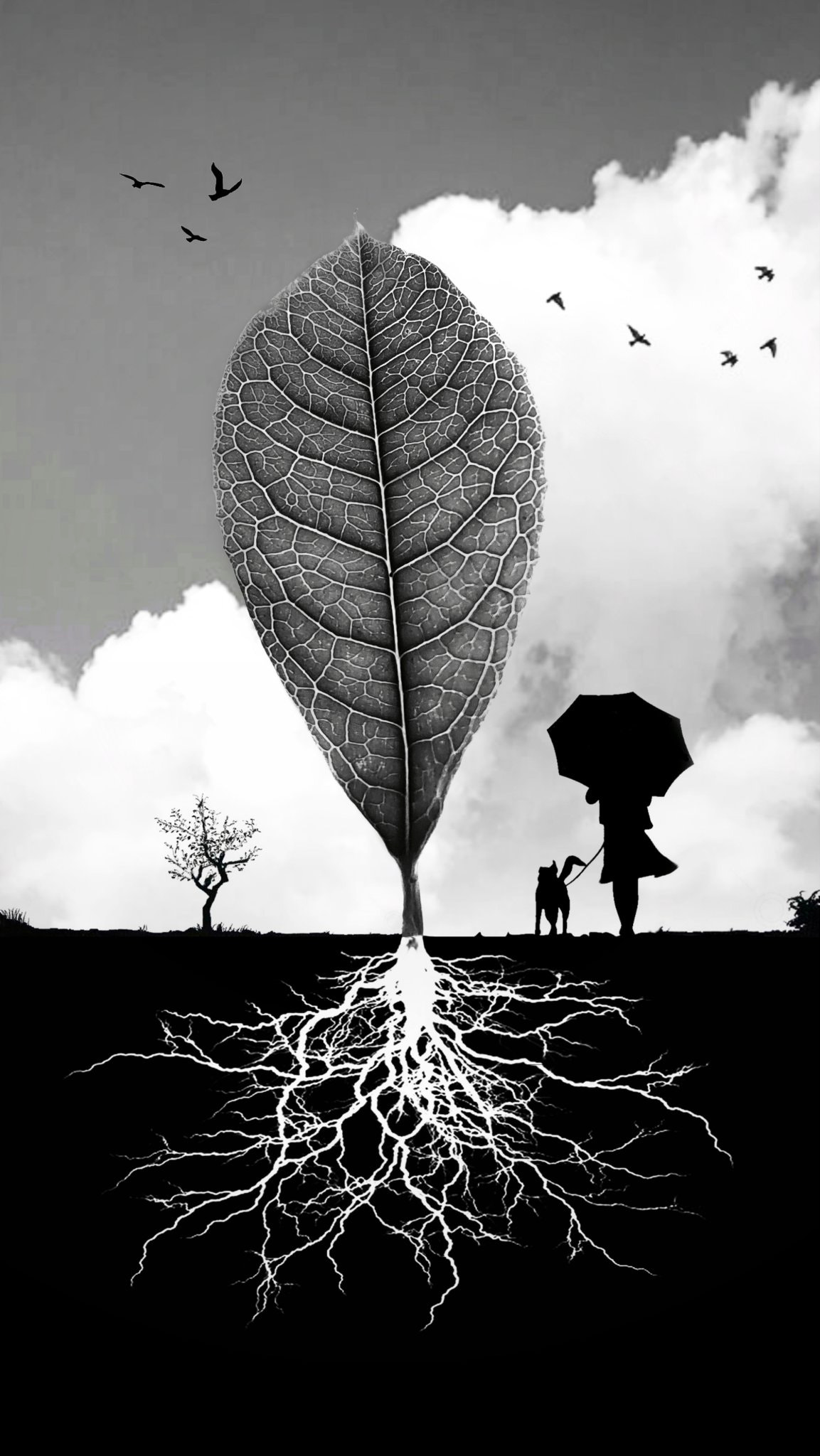In the great religions of Asia, the law of karma is what is known as the law of causality.
In a nutshell, it can be summed up as “action-reaction”.
This concept carries with it a whole universe of understanding. It’s the law of cause and effect: nothing appears spontaneously. Every observed phenomenon, every manifestation has a cause, even if we can’t see it.
“Nothing is lost, nothing is created, everything is transformed.” (Lavoisier)
If we set aside the concept of karma, which conditions reincarnation and accompanies the transmigration of the soul, this concept leads us to reflect on our lives and our interactions, including those in a Shiatsu session.
This concept can be seen on different levels:
- we carry within us the consequences of past actions
- the environments in which we are born are also determining factors.
- every action we take has consequences. Some we classify as positive, others as negative.
In any case, “nothing is permanent except change” or “you never bathe in the same river twice” (Heraclitus of Ephesus). The law of impermanence offers a way out of the law of karma, avoiding fatality.
Consciousness and responsibility
Underlying this law is the fact that every living being seeks happiness and well-being, and shuns suffering.
When we become aware that what we experience is partly linked to our actions, our thoughts.
A quick and simple example: you’re tired and a bit grumpy, so you go to the bakery to buy a loaf of bread. Your scowl makes the baker a little defensive. You feel this mistrust is a sign of disdain. Perhaps you’ll be a little frontal with this charming person. She, unaware of what has just happened, will pass on this tension to future customers. You’ll be eating that bread with a lump in your stomach.
Becoming aware of one’s bad mood helps to prevent its sharing.
In this way, the work of becoming aware of what lives within us is totally linked to the desire to clarify karma. As a result, a sense of responsibility is created, both individually and collectively.
Becoming aware implies taking responsibility for our actions, words and thoughts.
In shiatsu practice and in life
We can envisage 3 levels in our practice:
- what we carry personally
- what the receiver wears
- what we will share during the session
Awareness of what we’re wearing prevents us from projecting too quickly. Sometimes, our receivers’ behavior resonates with us, but that’s up to us first.
Awareness of what lives or lies within us is therefore important.
It’s essential to welcome a receiver unconditionally, i.e. with all his or her baggage, while accepting that we know very little about him or her. With this in mind, certain tensions may arise as a result of our general attitude to life and the people who live it.
So, in any practice, including shiatsu, and in life, with all this in the back of our minds, we can look for the root of an imbalance. What is perceived undoubtedly has one or more origins that we cannot see or perceive; we only observe the consequences.
This reflection is taken from the courses given at Odo Shiatsu






Recent Comments